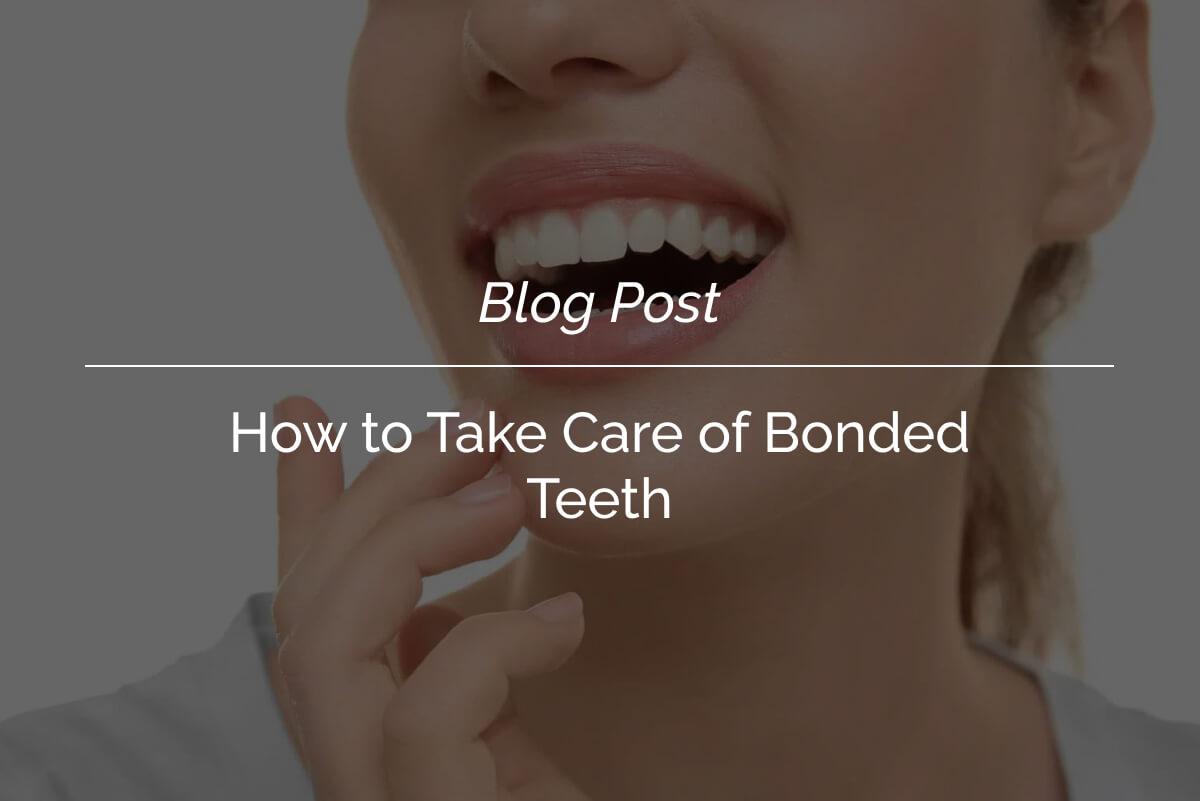Tooth bonding is a cosmetic dental procedure that takes care of cracked, chipped, gappy and discoloured teeth, giving patients the confidence to smile brightly again. In general, the treatment is used to correct minor damage or gaps, and tends to be a fast, easy treatment in the field of cosmetic dentistry.
In this guide, we’re going to dive a little deeper into teeth bonding, covering what exactly it is and how patients can look after their bonded teeth post-treatment.
What are bonded teeth?
Composite bonding is a process where a tooth-coloured composite resin is attached to the surface of the teeth and then shaped, in order to restore the tooth’s natural appearance.
Your dentist will use a shade guide to find the resin material that most closely matches the colour of your natural teeth. They will then use a tool to roughen the tooth’s surface and apply a liquid to enable the bonding agent to adhere to the tooth. Composite resin will then be moulded to the tooth and set with a UV light.
Your dentist will then polish the resin to create a natural-looking finish.
When is this treatment used?
Dental bonding is generally used as an alternative to crowns and veneers, and is preferred in certain situations. For example:
- When affordability is a priority, as it’s less expensive than other cosmetic dentistry treatments
- As a fast, effective way to treat minor cosmetic problems. Cosmetic bonding can be carried out in one appointment and doesn’t require anaesthesia
- When the tooth isn’t so badly damaged that it can’t be saved. Bonding is non-invasive and doesn’t require partial removal of the tooth like some other treatments – so the structure remains unaffected
How to look after bonded teeth
With proper care and good oral hygiene, bonded teeth can last for around 4-8 years. There are some simple things you can do post-treatment to extend the life of your bonded teeth.
- Brush twice a day and floss daily
- Avoiding biting down on hard food
- Avoid biting your nails
- For the first two days after treatment, don’t consume tea, coffee, wine, tobacco or other staining food and drinks
- Visit your dentist every 6 months for a check-up and clean
Remember that the location of the bonding will affect how long it lasts. For example, if bonding is on the edge of your tooth, the lifespan might be shorter because you use this area to chew food. The potential for staining is higher compared to natural teeth, so minimise staining food and drinks beyond the two day period following your treatment.
Call or email us
The dentists at King Street Dental can provide cosmetic dentistry treatments to suit your situation, so feel free to contact us online to tell us more about your oral concerns. To speak directly to a knowledgeable member of our reception team, give us a call on (03) 8842 4506 or email [email protected]. We’ll be able to book an appointment to restore your smile to its best yet.
